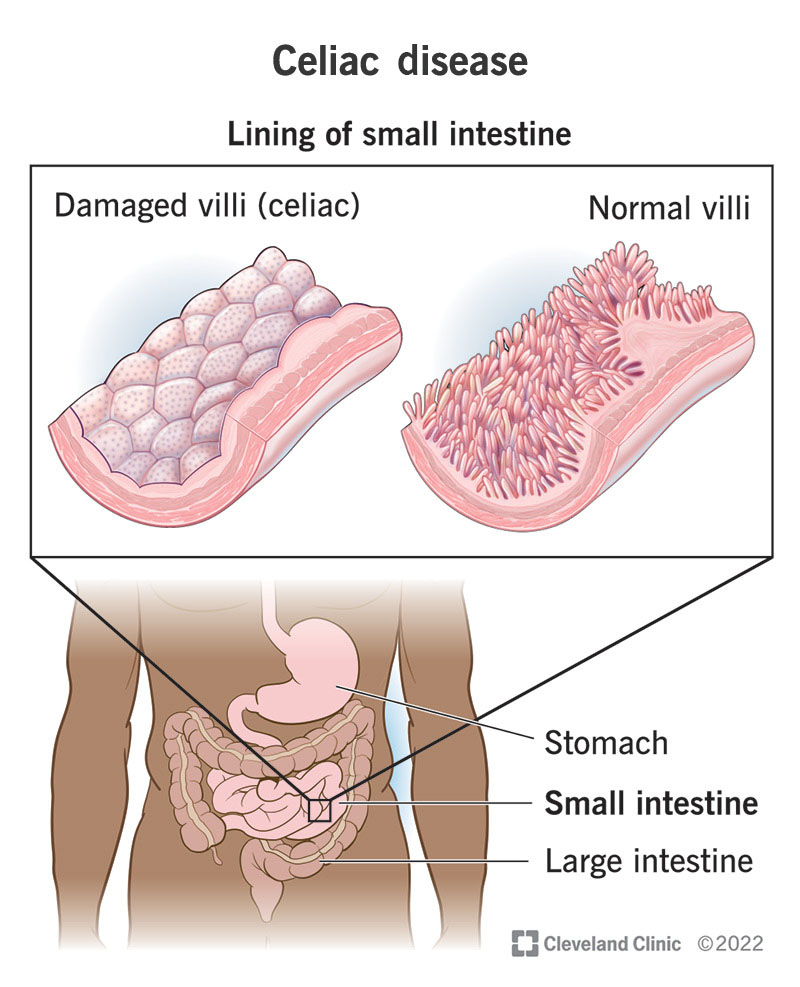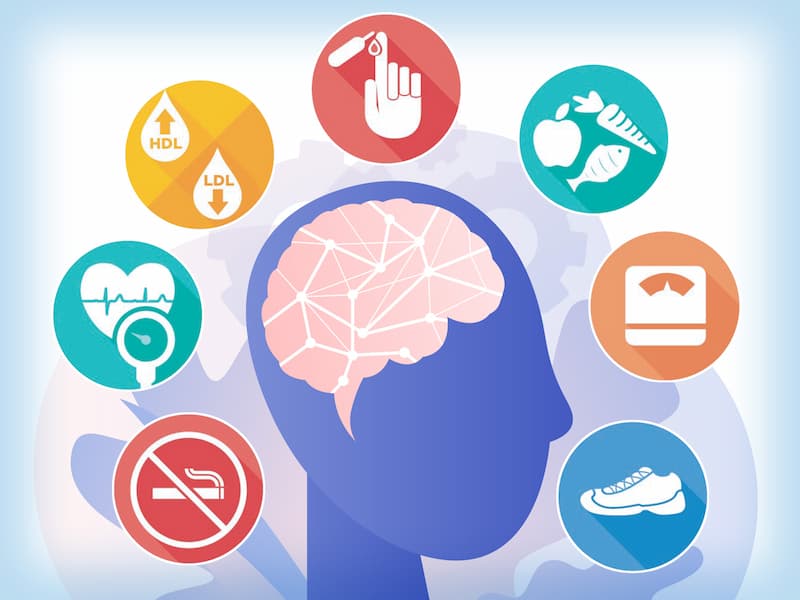Types of damaging fathers include the toxic father, who imposes his preferences and criticizes their child’s choices, and the abusive father, who uses threats and verbal abuse to control and manipulate. These damaging behaviors can result in challenges for the child in adulthood.
Healing from the effects of a damaging father-daughter relationship can be a complex journey. Growing up with an absent or abusive father can leave lasting emotional scars that impact relationships and self-esteem. Understanding the different types of damaging father behaviors can help individuals recognize and address the impact on their lives.
By acknowledging these challenges and seeking support, individuals can work towards healing and developing healthy relationships. It’s important to recognize the effects of damaging father behaviors and take steps towards personal growth and healing.
Table of Contents
ToggleTypes Of Damaging Fathers
When it comes to Types of Damaging Fathers, it is essential to understand the various behaviors that can negatively impact a child’s development. From toxic father behavior to unacceptable actions, the effects of these damaging traits can be long-lasting.
Toxic Father Behavior
A toxic father imposes his tastes and preferences on his child, often disregarding the child’s needs and choices. Criticizing the child’s intentions when they differ from the parent’s preferences is a common trait of toxic fathers. Their lack of trust in the child’s decisions can hinder the child’s growth and self-esteem.
Unacceptable Behavior Of A Father
Out-of-control threats and verbal abuse are not only signs of a toxic father but can also be damaging to the child’s emotional well-being. Constant threats may lead older kids to engage in disruptive behaviors as a way to cope with the stress caused by such behavior. Manipulative tactics used by toxic parents can create barriers to healthy parent-child relationships.

Credit: my.clevelandclinic.org
Impact Of Daddy Issues
Having a damaged or problematic relationship with a father can have a significant impact on an individual’s life, shaping their emotions, behavior, and relationships. Such issues often lead to what is commonly referred to as “daddy issues,” affecting a person’s self-esteem, confidence, and overall mental well-being.
Absent Father
Children growing up with absent fathers often experience feelings of abandonment, rejection, and lack of security. This absence can lead to emotional instability, insecurity, and a yearning for a father figure. The psychological effects of an absent father can result in difficulties forming and maintaining healthy relationships, as well as a sense of unworthiness and self-doubt.
Abnormal Relationship With Father
Children with an abnormal relationship with their fathers, characterized by neglect, abuse, or overprotection, may struggle with trust issues, self-validation, and fear of intimacy. Such experiences can contribute to a range of emotional challenges, including anxiety, depression, and a distorted sense of self-worth. Individuals may also have difficulties establishing boundaries and asserting their own needs.
Divorced Dad Syndrome
Divorced Dad Syndrome showcases the intricate emotional landscape that fathers navigate post-divorce, often characterized by overwhelming guilt and its corresponding behaviors. Understanding these dynamics can shed light on the complexities divorced fathers face and the potential consequences of indulgent parenting.
Divorce can have a profound impact on fathers, triggering a range of emotions. The emotional landscape of divorced dads may include feelings of guilt, sadness, anger, and confusion. They may question their role as a father and struggle with the changes in their relationship with their children. These emotions can significantly influence their parenting style, either positively or negatively.
Divorced dads who fall into the trap of indulgent parenting can unintentionally harm their children in several ways. Here are the consequences:
- Entitlement: Indulgent parenting can foster a sense of entitlement in children, as they become accustomed to always getting what they want without having to earn it. This can lead to entitlement issues later in life.
- Lack of boundaries: When divorced dads give in to their children’s every demand, they fail to set appropriate boundaries. This lack of boundaries can result in children having difficulty respecting authority figures and following rules.
- Low self-discipline: Permissive parenting can hinder the development of self-discipline in children. Without guidance and structure, children may struggle with self-control and impulse management.
- Dependency: Constantly fulfilling every desire of their children can create a dependency on the parent. Children may struggle to develop independence and problem-solving skills, relying on their divorced dad for everything.
- Unrealistic expectations: Indulgent parenting can set unrealistic expectations for children, leading them to believe that they should always receive special treatment. This can create difficulties when they encounter the realities of the outside world.
It’s crucial for divorced dads to find a balance between being supportive and setting appropriate boundaries for their children. This balanced approach can contribute to their children’s emotional and behavioral well-being.
Unhealthy Father-daughter Relationships
In unhealthy father-daughter relationships, there are several types of damaging fathers that can have a significant impact on a daughter’s emotional and psychological well-being. These relationships often exhibit patterns of unhealthy dynamics and interactions, causing long-lasting effects on the daughter’s self-esteem, confidence, and ability to form healthy relationships.
The Lost Father
The Lost Father is one type of damaging father-daughter relationship that can leave a lasting impact on the daughter’s life. This refers to a father who is emotionally absent and disconnected from his daughter. He may be physically present, but lacks the emotional availability and engagement needed for a healthy father-daughter bond. The Lost Father often prioritizes work, hobbies, or other interests over spending quality time with his daughter, leading to feelings of abandonment and neglect.
The Abusive Father
The Abusive Father represents the most extreme form of damaging father-daughter relationship. This type of father displays unpredictable moods and exhibits destructive behavior towards his daughter. The Abusive Father may engage in physical, verbal, or emotional abuse, causing immense harm and trauma to the daughter. The constant fear and instability created by the Abusive Father can lead to long-term emotional scars and difficulties in establishing trust and healthy boundaries.
The Pampering Father
The Pampering Father, although seemingly caring and loving, can also contribute to an unhealthy father-daughter relationship. This type of father excessively indulges and spoils his daughter, often to compensate for his own feelings of inadequacy or guilt. The Pampering Father may lavish his daughter with material possessions, attention, and praise, but fails to provide the necessary guidance and discipline. This leads to a sense of entitlement and dependency in the daughter, hindering her ability to develop independence and resilience.
Examples Of Neglectful Fathers
Neglectful fathers manifest toxic behaviors such as imposing their preferences without listening to their children’s needs, criticizing contrary intentions, and not trusting their choices. They may exhibit signs of verbal abuse, threats, or retaliation, leading to parenting challenges like aloofness, abusive nature, or excessive pampering.
Such behaviors can leave damaging effects on children’s emotional well-being and overall development.
Infidelity
One example of neglectful fathers is those who engage in infidelity. These fathers prioritize their own desires and pleasures over the well-being of their children and their relationships. Infidelity can create a toxic environment within the family, causing emotional harm and instability for the children involved.
Ignoring Emotional Needs
Another example of neglectful fathers is those who consistently ignore the emotional needs of their children. These fathers may discount or dismiss their child’s feelings, leaving them feeling unheard and invalidated. Ignoring emotional needs can lead to long-term consequences, such as low self-esteem and difficulty forming healthy relationships.
Disrespectful Behavior
Disrespectful behavior is another damaging example of neglectful fathers. This can include verbal or physical abuse, constantly criticizing or belittling their children, or disregarding their boundaries. Such behavior creates an unhealthy and unsafe environment for the children, leading to emotional trauma and a distorted perception of healthy relationships.

Credit: earth.org
Psychological Impact Of Damaging Father-son Relationships
Integration Of Manhood
Men often struggle with the damaging effects of their relationships with their fathers, affecting their integration of manhood. This struggle can manifest in various ways, impacting their self-image and behavior.
Realistic Perception Of Fathers
Having a realistic perception of fathers is crucial in understanding the impact of damaging father-son relationships. Sons may develop skewed views of masculinity and fatherhood, which can lead to emotional distress and dysfunctional behaviors.
- Skewed views of masculinity
- Emotional distress
- Dysfunctional behaviors
Overcoming the psychological impact of damaging father-son relationships requires acknowledgment, introspection, and healing. By addressing these issues, men can strive towards healthier perceptions of themselves and their fathers.
Identifying Toxic Father Types
A toxic father imposes his tastes and preferences on his child, rarely listening to their needs.
If the child expresses intentions contrary to the parent’s taste, criticism often follows.
These fathers lack trust in their children’s choices and opinions.
The Lost Father: Shows unpredictable moods and destructive behavior.
The Abusive Father: Displays harmful and erratic conduct towards their child.
The Pampering Father: Overindulgent and neglectful of their child’s well-being.

Credit: www.netflix.com
Healing And Recovery
Recovering from the damaging effects of a father’s behavior is a process that requires time, effort, and support. By acknowledging the impact of a harmful father-daughter relationship and taking steps toward healing, individuals can regain control of their lives and establish healthy boundaries.
Importance Of Therapy
Therapy plays a crucial role in the healing process for individuals impacted by damaging father-daughter relationships. Seeking professional help provides a safe and supportive environment for individuals to address their emotional wounds, gain insight into their experiences, and develop coping strategies. Through therapy, individuals can work through trauma and develop the resilience needed to overcome the negative effects of their past experiences.
Establishing Boundaries
Establishing boundaries is essential for individuals recovering from damaging father-daughter relationships. By setting clear boundaries, individuals can protect themselves from further harm and establish healthy relationships. Learning to assert boundaries empowers individuals to prioritize their well-being and cultivate a sense of self-respect and personal agency.
Frequently Asked Questions Of Types Of Damaging Fathers
What Is A Toxic Father Behavior?
A toxic father imposes his tastes on their child, criticizes differing opinions, doesn’t trust choices.
What Is Unacceptable Behavior Of A Father?
Unacceptable behavior by a father includes uncontrolled threats, verbal abuse, and manipulation to control their child.
What Are The Two Types Of Daddy Issues?
The two types of daddy issues are related to growing up with an absent father or having a poor relationship with a physically present father. These experiences can lead to adult challenges.
What Is Divorced Dad Syndrome?
Divorced Dad Syndrome is a term used to describe the emotional challenges that fathers face after a divorce, often accompanied by feelings of overwhelming guilt. This syndrome highlights the complex dynamics and consequences of indulgent parenting post-divorce.
Conclusion
In understanding the various types of damaging fathers, individuals can become more aware of the impact these relationships have on their lives. It is crucial to acknowledge and address the effects of toxic, abusive, and absent father dynamics. By recognizing these patterns, individuals can seek healing and support to break the cycle and foster healthier relationships in the future.

Mother of Two children. I’m a former teacher with a background in child development and a passion for Good parenting. I understand child development and know how to develop activities to help children learn and grow. Spare time, I enjoy spending time with my family, reading, and volunteering in my community. Read More








